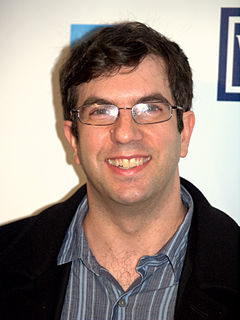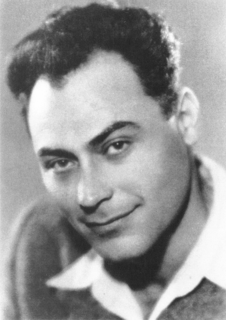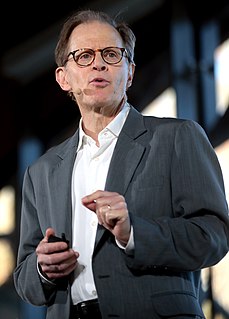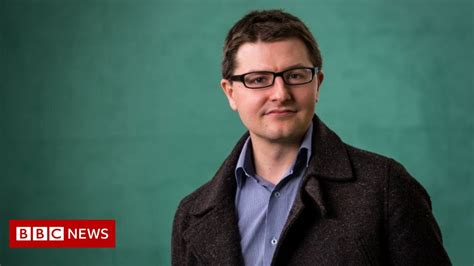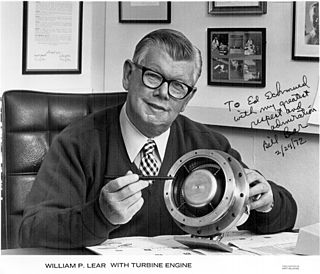A Quote by A. J. Jacobs
Let me tell you, though: being the smartest boy in the world wasn’t easy. I didn’t ask for this. I didn’t want this. On the contrary, it was a huge burden. First, there was the task of keeping my brain perfectly protected. My cerebral cortex was a national treasure, a masterpiece of the Sistine Chapel of brains. This was not something that could be treated frivolously. If I could have locked it in a safe, I would have. Instead, I became obsessed with brain damage.
Quote Topics
Ask
Became
Being
Boy
Brain
Brain Damage
Brains
Burden
Cerebral
Chapel
Contrary
Could
Damage
Easy
First
Huge
If I Could
Instead
Keeping
Let Me
Locked
Masterpiece
Me
National
National Treasure
Obsessed
On The Contrary
Perfectly
Protected
Safe
Sistine
Sistine Chapel
Smartest
Something
Task
Tell
Though
Treasure
Treated
Want
World
Would
Related Quotes
We live in the Age of the Higher Brain, the cerebral cortex that has grown enormously over the last few millennia, overshadowing the ancient, instinctive lower brain. The cortex is often called the new brain, yet the old brain held sway in humans for millions of years, as it does today in most living things. The old brain can't conjure up ideas or read. But it does possess the power to feel and, above all, to be. It was the old brain that caused our forebears to sense the closeness of a mysterious presence everywhere in Nature.
Glad it was you and not me," Shane said, and offered Myrin a hand up. "Any brain damage?" "Since the bullet actually passed through his brain, then yes, idiot boy, there's certainly brain damage," Oliver said. "It will pass. His brain's the least fragile thing about him." "You say the nicest things," Myrin said. He was slurring his words, and he threw an arm around Oliver's neck. "Marry me.
There is one brain organ that is optimised for understanding and articulating logical processes and that is the outer layer of the brain, called the cerebral cortex. Unlike the rest of the brain, this relatively recent evolutionary development is rather flat, only about 0.32 cm (0.12 in) thick and includes a mere 6 million neurons. This elaborately folded organ provides us with what little competence we do possess for understanding what we do and who we do it.
It's gross. We use real brains - I think they're lamb or cow or something. Intestines smell. Brains don't really smell, but what's amazing about the brain is that it's almost like scrambled eggs or soft tofu, almost like a gel. The brain controls so much of what we do, but you could put your finger right through it.
Psychologism holds that logical assertions are percolations of brains. Thus logic is a set of rules for how healthy brains operate. Aside from the infinite regress of a brain determining whether a brain is healthy, we have the infinite regress of the idea 'All concepts are brain percolations' being itself a brain percolation, on its own terms.
So, you can define emotions very simply as the process of perceiving what is going on in the organs when you are in the throws of an emotion, and that is achieved by a collection of structures, some of which are in the brain stem, and some of which are in the cerebral cortex, namely the insular cortex, which I like to mention not because I think it's the most important, it's not.
We now know that the way to help a child develop optimally is to help create connections in her brain—her whole brain—that develop skills that lead to better relationships, better mental health, and more meaningful lives. You could call it brain sculpting, or brain nourishing, or brain building. Whatever phrase you prefer, the point is crucial, and thrilling: as a result of the words we use and the actions we take, children’s brains will actually change, and be built, as they undergo new experiences.
When I read these books, I no longer felt like I was confined to a very tiny world. I no longer felt housebound and bedbound. Really, I told myself, I was just brainbound. And this was not such a sorry state of affairs. My brain, with a little help from other people's brains, could take me to some pretty interesting places, and create all kinds of wonderful things. Despite its faults, my brain, I decided, was not the worst place in the world to be.
